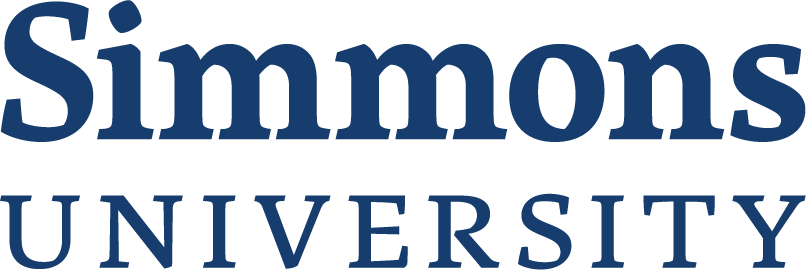Call for Abstracts: Literacy Engagement Through Epitextual Analysis
Posted December 17, 2018
Working Title: Literacy Engagement through Epitextual Analysis
This book will follow Literacy Engagement through Peritextual Analysis (2019), recently published by the American Library Association and the National Council of Teachers of English.
Editors
Don Latham, Florida State University
Melissa Gross, Florida State University
Shelbie Witte, Oklahoma State University
Chapter Proposal Submission Deadline: February 1, 2019
Chapter Proposal Decisions: February 15, 2019
Full Chapters Projected Due Date: June 1, 2019
Objective
This book will explore how analyzing epitextual elements can be used with students (K-16) in the classroom and library to improve reading comprehension, student engagement, critical thinking, and media literacy. We are interested in showcasing the ways in which teachers and librarians use epitextual elements to experience texts/media (books, ebooks, magazines, film, television, music, fine art, websites, video games, etc.) with students. Particularly, we are interested in examining approaches to epitextual analysis through one or more of the following epitextual types:
Production – texts related to the pre, during, and post publication of a text
Promotion – materials related to the public promotion of the text
Dissemination – materials related to the sharing of a text
Reception – texts related to the evaluation of and reaction to a work
Extension – texts that extend the primary text in some way
Referential – text to text connections and relationships, citations, or attribution
Target Audience
We envision this book becoming a resource for classroom and preservice teachers, school and public librarians, and teacher and librarian educators. Chapter authors will discuss theoretical frameworks and practical applications for examining epitextual elements in order to engage students in deeper critical thinking and comprehension. This book will be written by teachers and librarians for other teachers and librarians.
Brief List of Possible Topics
- The use of extension texts with canonical, young adult or children’s literature, such as the student creation of parody, sequels and prequels, transmedia, or fan fiction.
- The use of connection to understand how the “text within the text” creates meaning.
- The use of reception texts, such as reviews and awards, to evaluate and make critical commentary about texts.
- The development of promotion texts, such as book trailers, posters, and advertisements, in response to a work.
- The use of dissemination texts, such as cataloging records, interviews, and lectures, to discuss target audience and biases within the dissemination of the media related to the text.
- The epitextual characteristics of feature films and short films, such as using the promotion elements to discuss target audience and author’s craft.
- A discussion of the influence of production elements, such as storyboards, drafts, and author journals, on the final text .
- A comparison of epitext between two types of media.
- The role of official (publisher produced) versus unofficial promotional or dissemination texts on reader response.
- The assignment of authorship in the production of extension texts.
Submission Procedure
Authors are invited to submit a chapter proposal (maximum of 500 words) outlining the proposed chapter, including the intended focus (grade level and text/media selections), by February 1, 2019. Authors of accepted proposals will be notified by February 15, 2019 about the status of their proposals. The proposed book will then be marketed to the publisher with a clear outline based on the accepted chapters. Full chapters (2,500-3,000 words) will be due by June 1, 2019.
Submissions should include the full name, email addresses, and affiliations of all authors. All proposals should include relevant references in APA style. Abstracts should be submitted as a Word document to [email protected] by February 1, 2019.
Note: There are no submission or acceptance fees for manuscripts submitted to this book publication. All manuscripts are accepted based on a peer reviewed editorial process. Manuscripts should not be submitted somewhere else for review.
